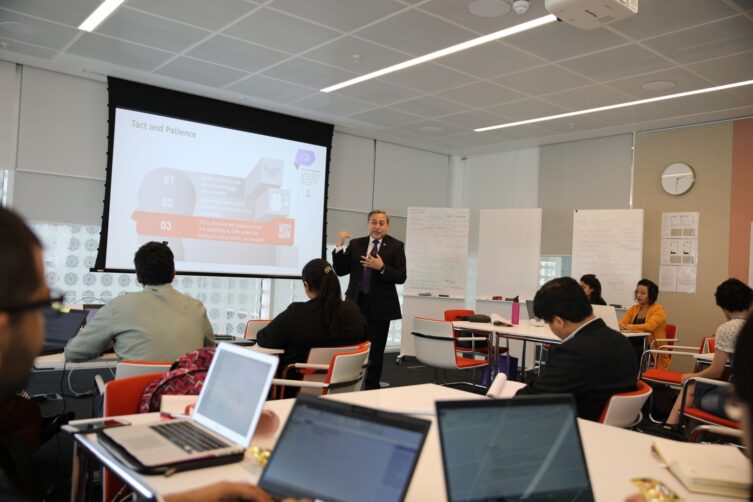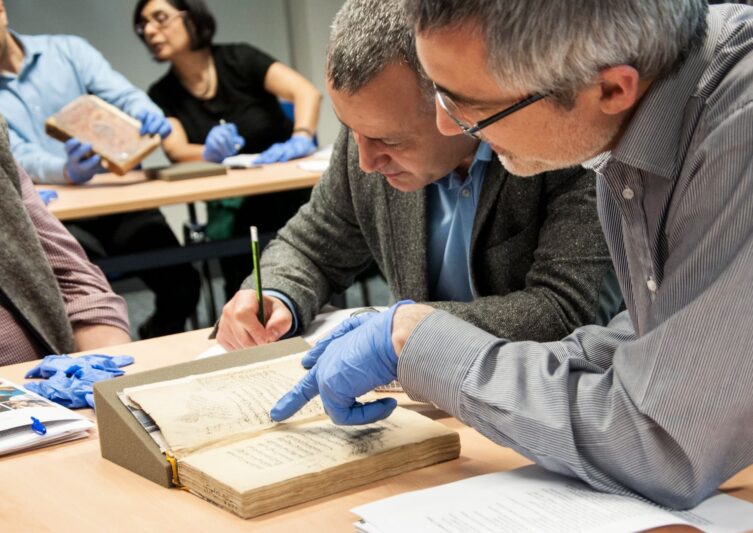Should you apply for GPISH?
Continue reading below if you are interested to apply for GPISH
- Study with peers from across the globe and a supportive programme team
- Engage in critical study of Muslim societies and civilisations across time
- Earn an MA from international education leader SOAS University of London
- Immerse yourself in one of the world’s most diverse and inspiring cities
- Develop key skills for lifelong learning and employability
- Design and conduct your own exploratory field-research project anywhere in the world*
- Learn from a diverse cross-disciplinary faculty
- Enrich your language studies through a summer immersion programme in the Middle East*
- Visit Islamic heritage sites of the Mediterranean as part of an educational field trip*
- Join an active global alumni network
*subject to approval
GPISH welcomes high-achieving students from all academic backgrounds, and the study of Islam or the humanities is not a prerequisite for gaining admission. Working closely with experienced faculty members, you are supported during the programme to make the transition from previous study experiences to an analytical understanding of and ability to work competently with the new subject matter. It is essential to note, however, that as part of the admissions process applicants must demonstrate a genuine motivation for studying Islam and the humanities. This will involve being able to show understanding of key ideas in Islamic studies and the humanities, and the potential for Master’s-level study of these subjects in the UK. Applicants are recommended to read as widely as possible to discern and demonstrate their interest in academic Islamic studies.
If you have studied Islam or the humanities before, it offers some advantage, as you are likely to have been introduced to ideas and subject matter covered by the programme. The richness and unique synthesising approach of the programme, however, including our interdisciplinary methods and specialist focus on Shi‘i studies and Ismaili studies, covers areas of research not studied elsewhere; as such, those students with a proven interest or academic record in studying Islam or the humanities will find themselves appropriately challenged and stimulated by the curriculum.
Do you still have a question?
If you have questions about applying for GPISH please take a look at our frequently asked questions (FAQs) page, or contact IIS Admissions.









